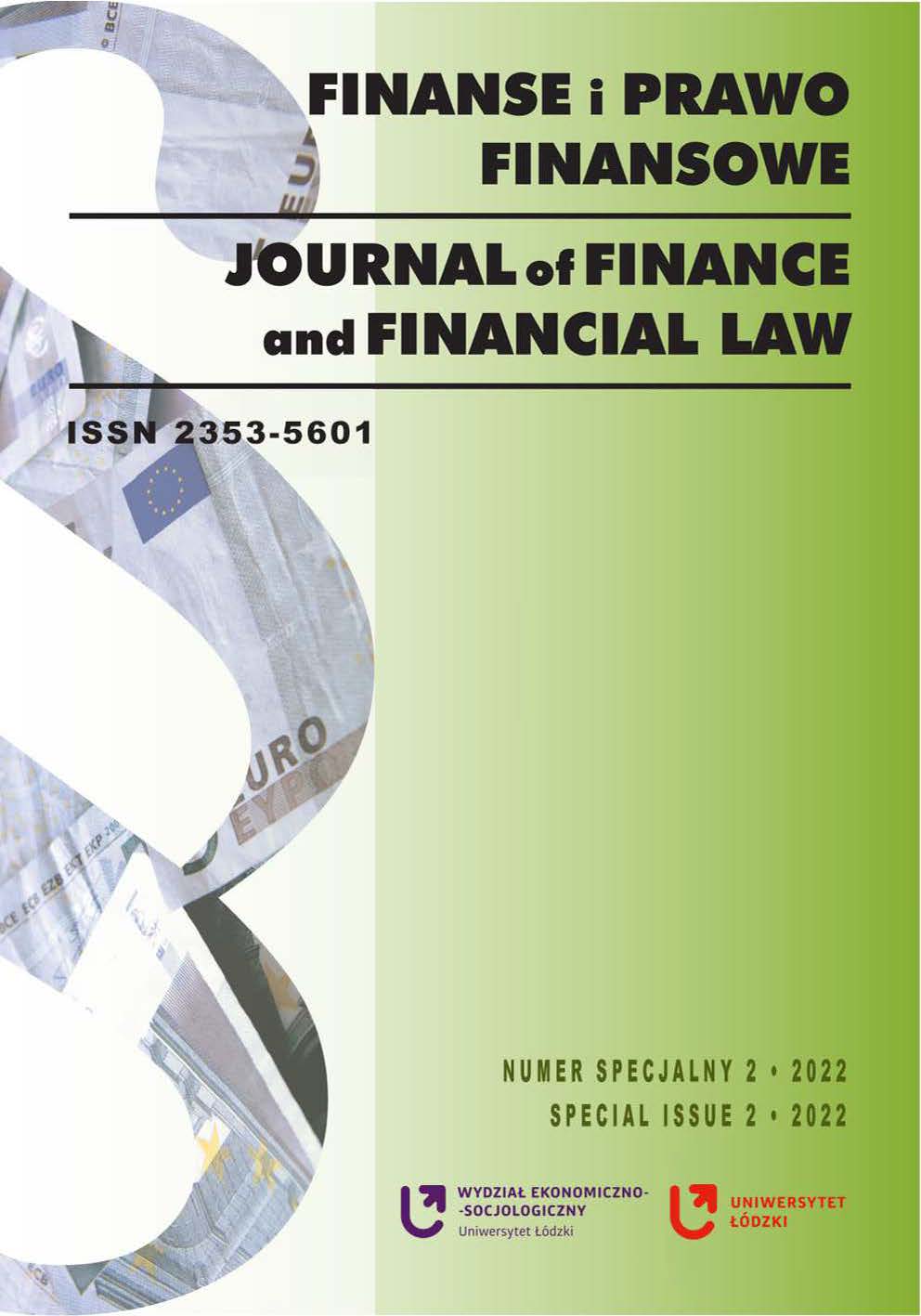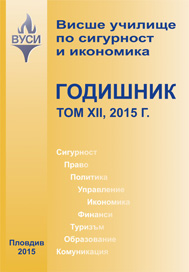
Sale of Getback Bonds as an Example of Misselling
The purpose of this article. The purpose of this study is to identify the occurrence of misselling in the process of offering and selling corporate bonds of GetBack SA.Methodology. The study included a literature review, analysis of secondary data derived from official documents such as decisions issued by the President of the Office of Competition and Consumer Protection, reports of the Supreme Audit Office, and studies by the Financial Ombudsman.The result of the research. The area where the phenomenon of misselling occurred is undoubtedly the case regarding the process of offering and selling bonds of GetBack SA. The circumstances of the case indicate that there were irregularities in the sales process, which consisted in misleading the customers about the offered products, which were not adapted to their needs and carried a high investment risk, disregarding their investor knowledge. Furthermore, in the opinion of the Office of Competition and Consumer Protection and the Financial Ombudsman.
More...



